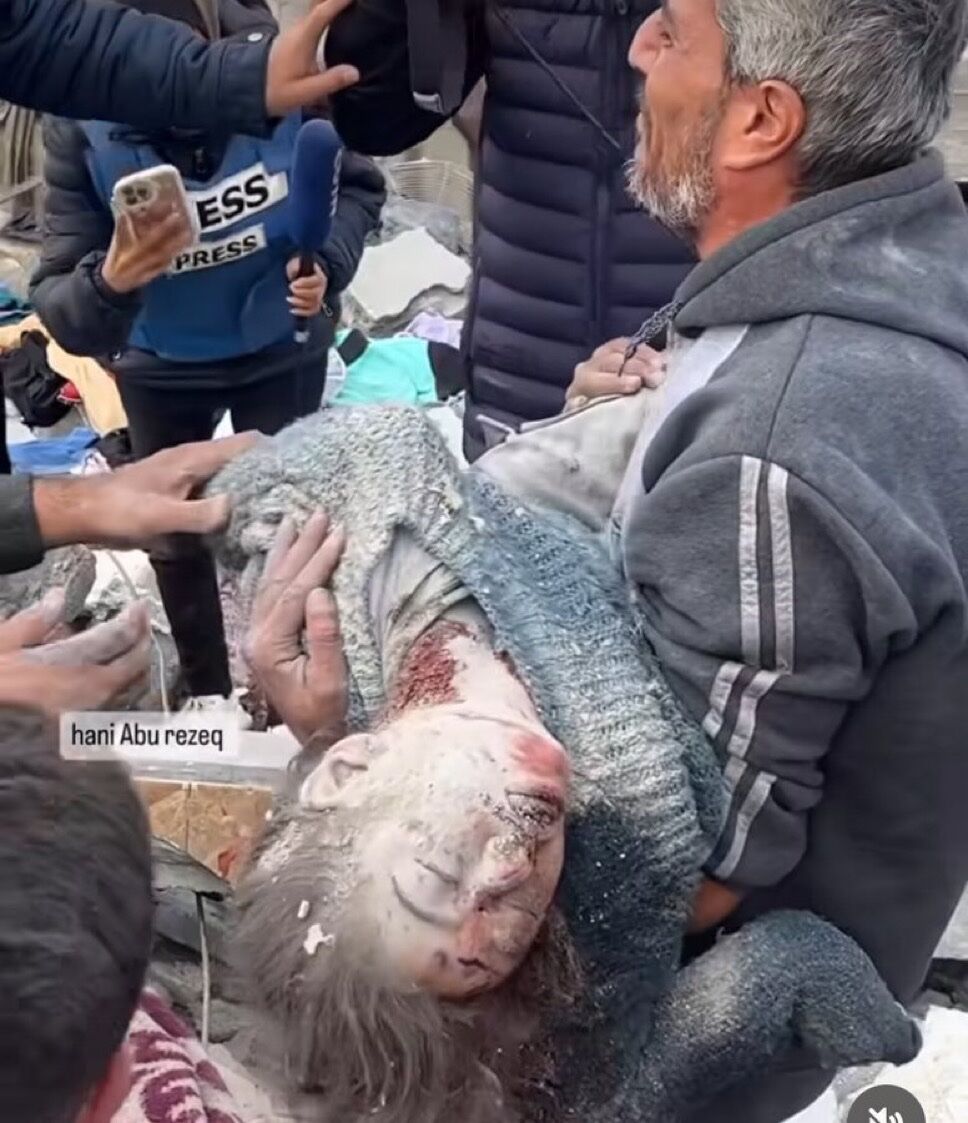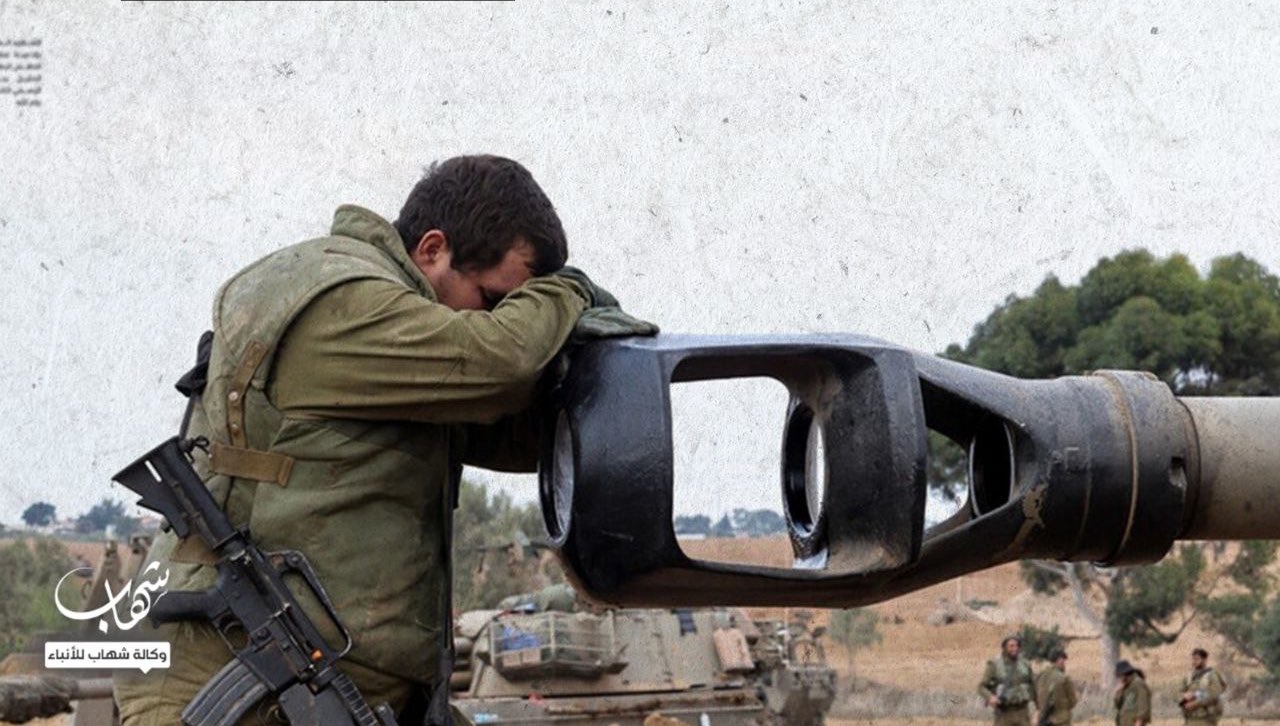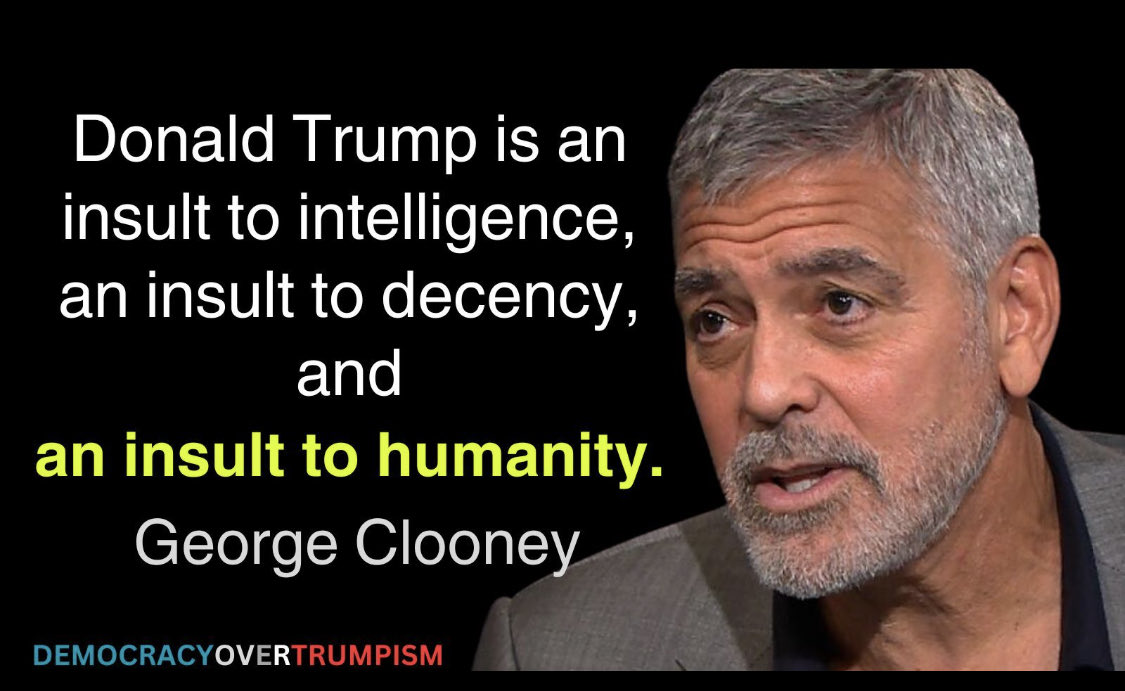
Palestinian Territory – The Security Council, UN General Assembly, and all international justice institutions must act swiftly and decisively to compel Israel to cease its frequent, systematic military assaults against shelter centres housing internally displaced people. In defiance of international law, Israel has turned shelters, including UN facilities into acceptable targets and have served as the backdrop for multiple, willful mass killings in front of the world.
Israel’s frequent attacks and bombings of UN facilities, which have left hundreds of civilians dead or injured, are a blatant manifestation of the international community’s refusal to put an end to the crime of genocide, ongoing for nearly 10 consecutive months. This crime is a result of Israel’s decades-long international impunity, and is evidence of its unrelenting collective punishment of the Palestinian people.
Horrific attacks
The most recent of these horrific attacks took place at 2:50 p.m. on Sunday 14 July, when Israeli warplanes attacked the UNRWA-run Abu Oreibat school, which is home to thousands of people who were forcibly displaced to the Nuseirat camp in the central Gaza Strip. Fifteen people were killed, including at least one woman, and numerous others had their bodies blown to pieces. Eighty people were also injured, mostly women and children.
Euro-Med Monitor’s team has documented hundreds of similar cases in which Israeli aircraft bombed shelter centres housing thousands of forcibly displaced people, killing hundreds inside them, in flagrant violation of international laws, especially those regulating the principles of war.
Since the start of Israel’s genocidal war in the Gaza Strip, UNRWA has documented 456 attacks on its buildings, some of which were targeted more than once. According to UNRWA, 188 of its facilities have been were affected during these attacks. At least 524 displaced people who took refuge in UNRWA shelter centres have been killed, and at least 1,621 others injured, since last October.
In addition, there have been hundreds of deaths and thousands of injuries in other shelter centres as well as camps for internally displaced persons inside the Israeli-proclaimed “humanitarian safe zone” to which residents have been forcibly displaced in recent months.
In Israel’s horrific massacre in the area of Al-Mawasi in Khan Yunis on 13 July, Israeli aircraft dropped eight devastating United States bombs on a crowd of tens of thousands of forcibly displaced people. At least 90 individuals were killed, and 300 others were wounded, many of them women and children who lost limbs and/or were paralysed in the attack. Medical teams faced difficulties in treating these victims, as the Gaza Strip’s health system has collapsed due to the systematic Israeli attacks targeting it since 7 October.
Israel’s attempt to use the justification of “targeting military or factional leaders” to legitimise crimes that result in the deaths of hundreds of civilians is unacceptable. Whether or not its accusations are verified, Israel is still required to follow the rules of international humanitarian law in all situations, including those involving military objectives. This means adhering to the principles of distinction, proportionality, and military necessity (taking all reasonable precautions to protect civilians), such as selecting the mode of operation and weaponry that will result in the least amount of civilian casualties and damage to civilian objects. Euro-Med Monitor notes that, regardless of how closely one party follows the rules of international humanitarian law, the other party is still legally required to abide by and honour the provisions of the law.
Israel systematically and repeatedly violates the principles of distinction, proportionality, and necessity, using bombs and ammunition with enormous destructive power that are imported from other countries, the majority of which are American-made. This makes the US—and any other country that supplies Israel with weapons—partners in the killing, which is occurring at a rate never before seen in the history of modern warfare.
In this regard, the UN Security Council should call an emergency session to discuss the consequences of these systematic crimes against Palestinian civilians in the Gaza Strip, including those who have been displaced and who sought, or are currently seeking, refuge in camps and shelter centres. It should also support efforts to hold those responsible for these crimes accountable, particularly since they are being committed in violation of international law and the UN Charter, i.e. against civilians who are protected and civilian objects that are protected.
The Security Council and the UN General Assembly must act seriously and swiftly to stop the crime of genocide in the Gaza Strip by adopting effective international resolutions with executive mechanisms and imposing sanctions and deterrent measures against Israel to ensure that it stops its crimes and grave violations in the Strip. Israel and its allies must be pressured to respect international law and the rulings of the International Court of Justice.
Based on the aforementioned, all nations are required to fulfil their international obligations by enacting strong sanctions against Israel and severing all other types of political, financial, and military support and cooperation. This includes immediately halting arms transfers to Israel, including export permits and military aid; otherwise, these nations will be held accountable for the crimes that have been committed in the Gaza Strip, including genocide.
Additionally, the International Criminal Court ought to keep looking into any and all crimes committed by Israel in the Gaza Strip; broaden its investigation into criminal responsibility, in order to hold all perpetrators accountable; issue arrest warrants for those responsible; and acknowledge and address Israel’s crimes in the Strip, as they are international crimes that fall under the purview of the International Criminal Court and are clearly crimes of genocide.
This article is a reprint from a piece in the Euro-Med Human Rights Monitor.



 (@AafiyahJ)
(@AafiyahJ)  HORRIBLE: Footage shows the final moments of displaced people at Abasan School in eastern Khan Younis/south
HORRIBLE: Footage shows the final moments of displaced people at Abasan School in eastern Khan Younis/south  WARNING: GRAPHIC FOOTAGE
WARNING: GRAPHIC FOOTAGE






